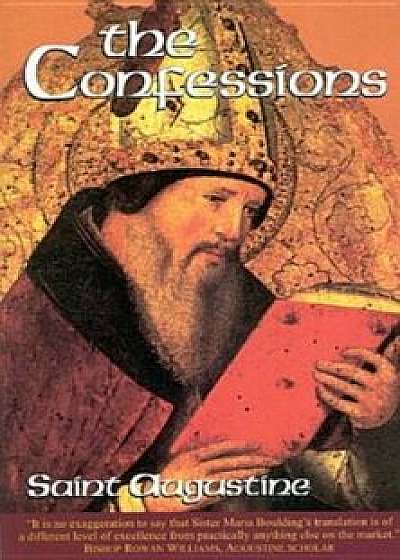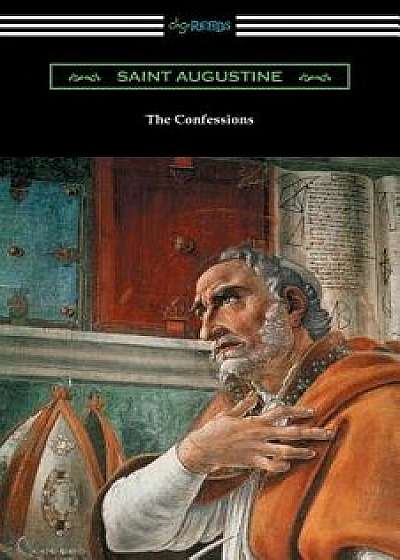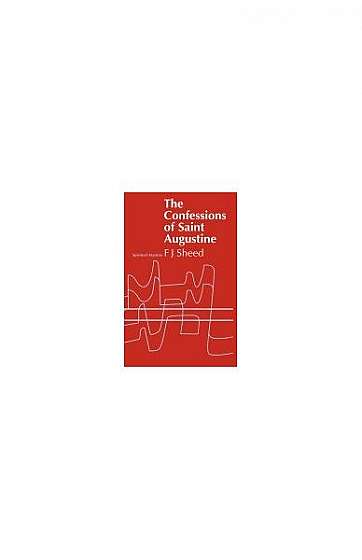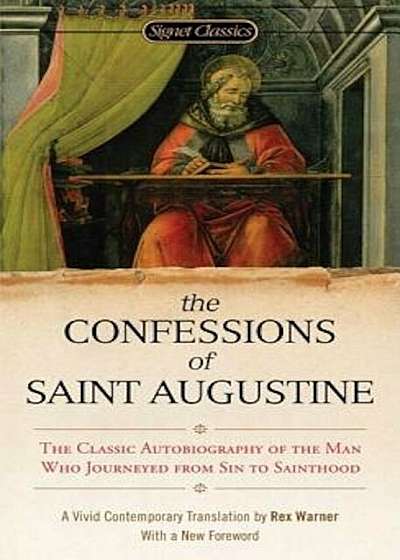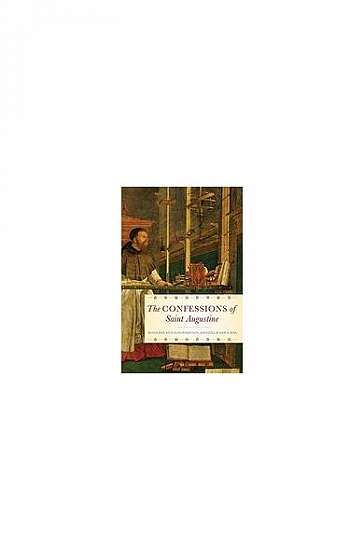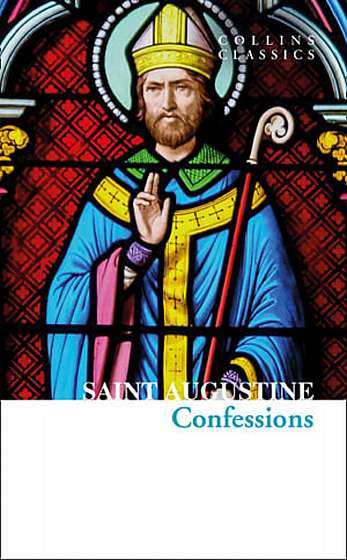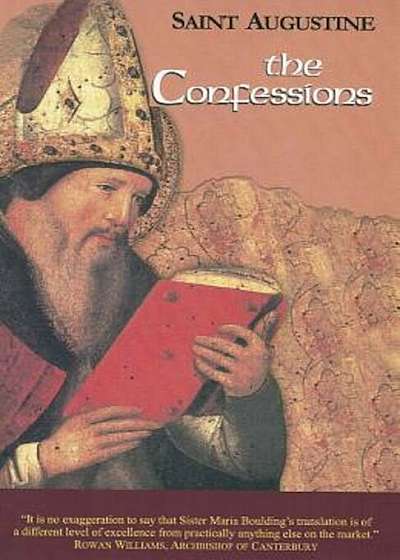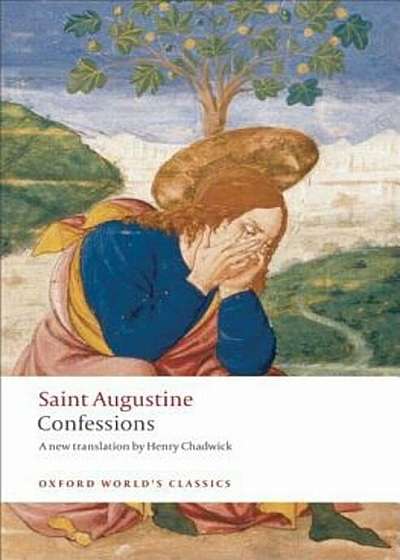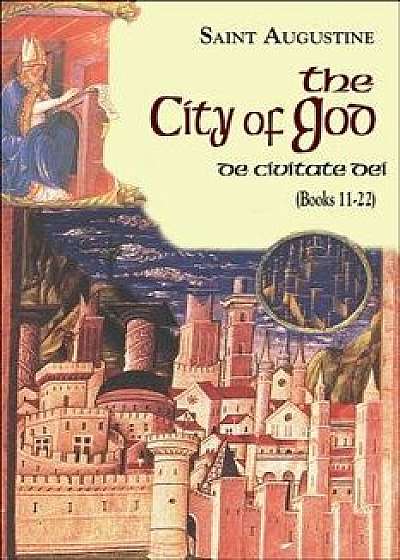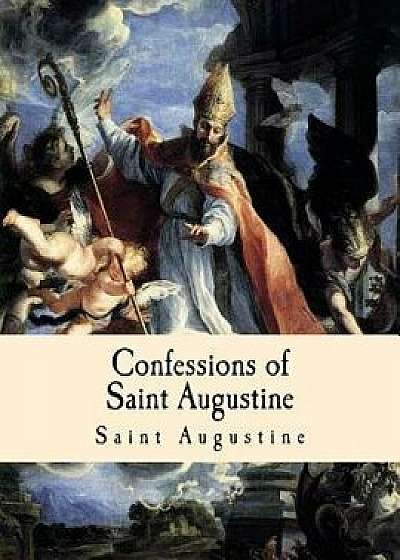
Confessions of Saint Augustine, Paperback/Saint Augustine
Descriere
"You called and shouted and burst my deafness. You flashed, shone, and scattered my blindness. You breathed odors, and I drew in breath and panted for You. I tasted, and I hunger and thirst. You touched me, and I burned for Your peace." "And men go abroad to admire the heights of mountains, the mighty waves of the sea, the broad tides of rivers, the compass of the ocean, and the circuits of the stars, yet pass over the mystery of themselves without a thought." This autobiography of Saint Augustine outlines his sinful youth and his conversion to Christianity. It is widely seen as the first Western autobiography ever written, and was an influential model for Christian writers throughout the following 1, 000 years of the Middle Ages. This large print edition of St Augustine's "Confessions" is printed on high quality paper in an easy-to-read format. About the Author: Augustine of Hippo (13 November 354 - 28 August 430), also known as Saint Augustine or Saint Austin, was an early Christian theologian whose writings were very influential in the development of Western Christianity and Western philosophy. He was bishop of Hippo Regius (present-day Annaba, Algeria) located in the Roman province of Africa. Writing during the Patristic Era, he is viewed as one of the most important Church Fathers. Among his most important works are City of God and Confessions, which continue to be read widely today. According to his contemporary, Jerome, Augustine "established anew the ancient Faith." In his early years, he was heavily influenced by Manichaeism and afterward by the Neo-Platonism of Plotinus. After his conversion to Christianity and his baptism in 387, Augustine developed his own approach to philosophy and theology, accommodating a variety of methods and different perspectives. Believing that the grace of Christ was indispensable to human freedom, he helped to formulate the doctrine of original sin and made seminal contributions to the development of just war theory. When the West
